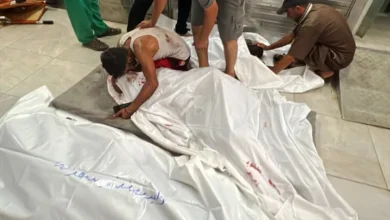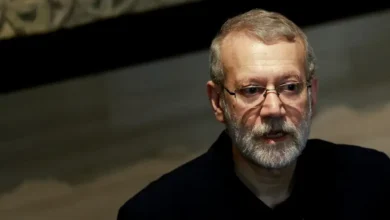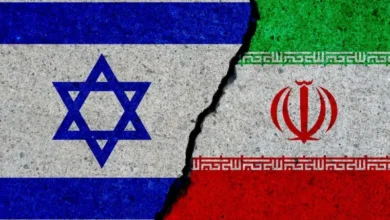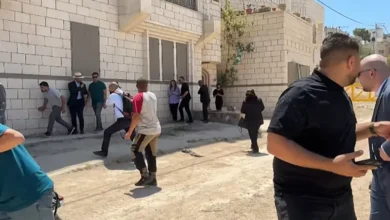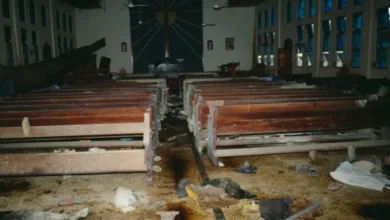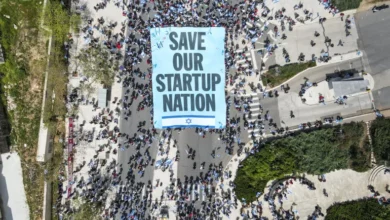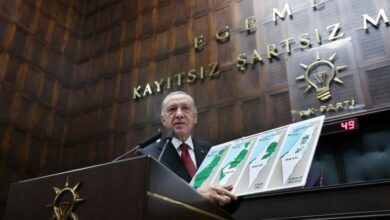Spain denies entry to Israel-bound arms ship at Cartagena port
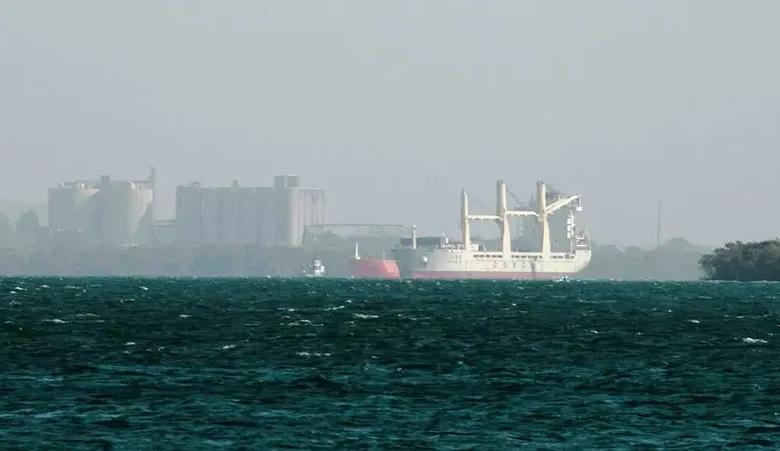
Spain has refused permission for a ship carrying arms to Israel to dock at a Spanish port, Foreign Minister Jose Manuel Albares said on Thursday.
“This is the first time we have done this because it is the first time we have detected a ship carrying a shipment of arms to Israel that wants to call at a Spanish port,” he told reporters in Brussels.
“This will be a consistent policy with any ship carrying arms to Israel that wants to call at Spanish ports. The foreign ministry will systematically reject such stopovers for one obvious reason. The Middle East does not need more weapons, it needs more peace,” he added.
The Spanish minister did not provide details on the ship but Transport Minister Oscar Puente said it was the Marianne Danica which had requested permission to call at the southeastern port of Cartagena on May 21.
El Pais newspaper said the Danish-flagged ship is carrying 27 tonnes of explosive material from Madras in India to the port of Haifa in Israel.
The announcement that permission had been denied comes amid a row between Prime Minister Pedro Sanchez’s Socialists and his coalition partners, the hard-left Sumar party, over another ship, the Borkum, which is due to dock in Cartagena on Friday.
Pro-Palestinian groups say the Borkum is carrying arms to Israel, prompting Sumar to demand that it be turned away. But Puente said the Borkum was transporting military material to the Czech Republic, not Israel.
Spain has been one of Europe’s most critical voices about Israel’s Gaza offensive and is working to rally other European capitals behind the idea of recognizing a Palestinian state.
Spain halted arms sales to Israel after it launched a military onslaught against Hamas in the Gaza Strip.
The Gaza war began on October 7 when Hamas militants stormed into southern Israel, resulting in the deaths of more than 1,170 people, mostly civilians, according to an AFP tally of Israeli official figures.
Israel’s military retaliation has killed more than 35,000 people, mostly civilians, according to the health ministry in Gaza.
